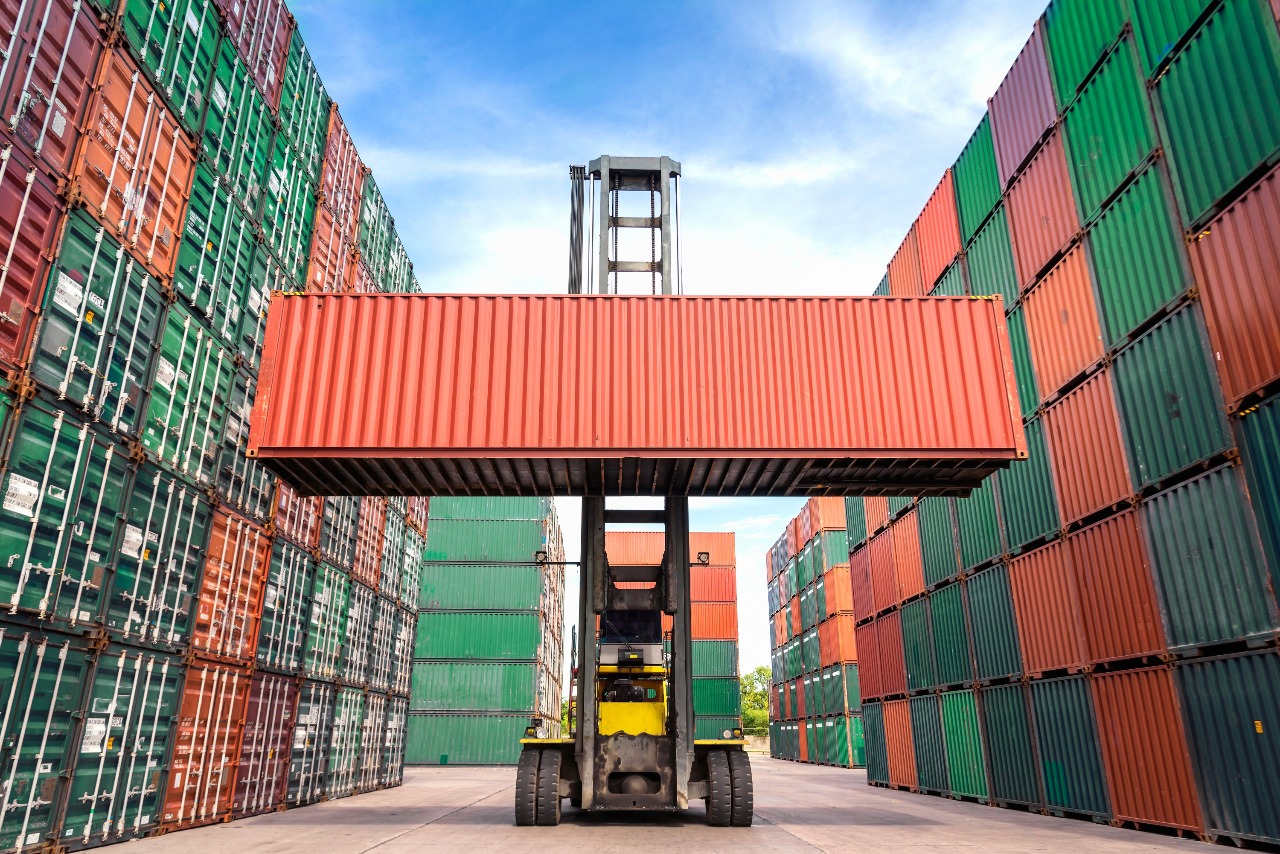New developments in intermodal shipping promise flexibility and cost-effectiveness without sacrificing quality or reliability.
Many shippers want to limit the number of touchpoints for their freight during transit. After all, the possibility of damage, delays, and theft can make transitions from one mode of transportation to another a seemingly risky and/or costly endeavor.
Fortunately, intermodal shipping has effectively solved these problems. Given shifting consumer demands, it now offers considerable benefits for any business, especially for companies willing to utilize new, streamlined shipping lanes. Here’s why intermodal shipping is becoming more attractive — and how Primary Freight can give you a competitive intermodal edge.
Why Intermodal Is Booming
The turn to intermodal largely reflects the rising cost of shipping on road lanes. As demand for transportation increases and available truck capacity continues to decrease, truckload spot rates have risen considerably, forcing shippers to explore alternative modes of transportation. To address this growing demand, intermodal providers have diversified and improved their options, helping shippers meet their needs while providing a healthy ROI and complete reassurance that their freight is in safe hands.
More Bang for Your Buck
Intermodal has become the go-to option for shippers looking for better prices, especially as the shipping industry prepares to install federally mandated electronic logging devices (ELDs) on commercial trucks. The forthcoming government rule will tighten hours of service (HOS) compliance in 2018, limiting the distance drivers can travel before legally required stops. As a result, moving freight exclusively by road will become even more expensive.
To mitigate ELD-associated costs, many companies that have avoided intermodal in the past are now reconsidering. With a diversified portfolio of transportation options, businesses can take advantage of the unique benefits that ocean, rail, road, and air shipping each have to offer while avoiding the costs of road-only solutions. Even with a solid understanding of what intermodal is and how it works, advanced planning is the key to reducing costs, ensuring precision, and boosting returns.
Intermodal Innovation
New technology is making intermodal more popular than ever. Railroads are adding double tracks, building new terminals or improving existing facilities, and updating networks to ensure that they run smoothly. Precision railroading, which holds trains to a tight operating schedule whether they’re full or not, is improving departure accuracy and placement tracking. Containers specifically designed to sit on intermodal well cars now allow for double stacking — a strategy otherwise unavailable for OTR containers on flatcars.
Infrastructural innovation continues to make intermodal increasingly competitive, as well. New inland ports are providing manufacturers and distributors with better access to major seaports. Inland Port Greer, for example, extends the operability range of the Port of Charleston by 200 miles. As businesses increasingly lean on intermodal shipping, improved ocean-to-rail offerings provide multifaceted solutions to shipping needs and itineraries. For intermodal, which relies on streamlined transloading, this all points to increasingly efficient and cost-effective shipping lanes.
How Primary Freight Can Help
At the end of the day, intermodal shipping can help you stay one step ahead in an increasingly competitive marketplace — so long as you design, implement, and execute the strategy correctly. More often than not, this requires seeking out help from an experienced and reputable partner.
With more than twenty years of experience in international shipping and logistics, Primary Freight is uniquely qualified to drive value and minimize risk for your business. Drawing upon our wide-ranging capabilities, cutting-edge infrastructure, and extensive shipping network, our team brings the most sophisticated technologies to bear in order to meet all of your shipping needs.
If you’d like to learn more about Primary Freight’s shipping capabilities and logistical expertise, give us a call today at (800) 635-0013.
